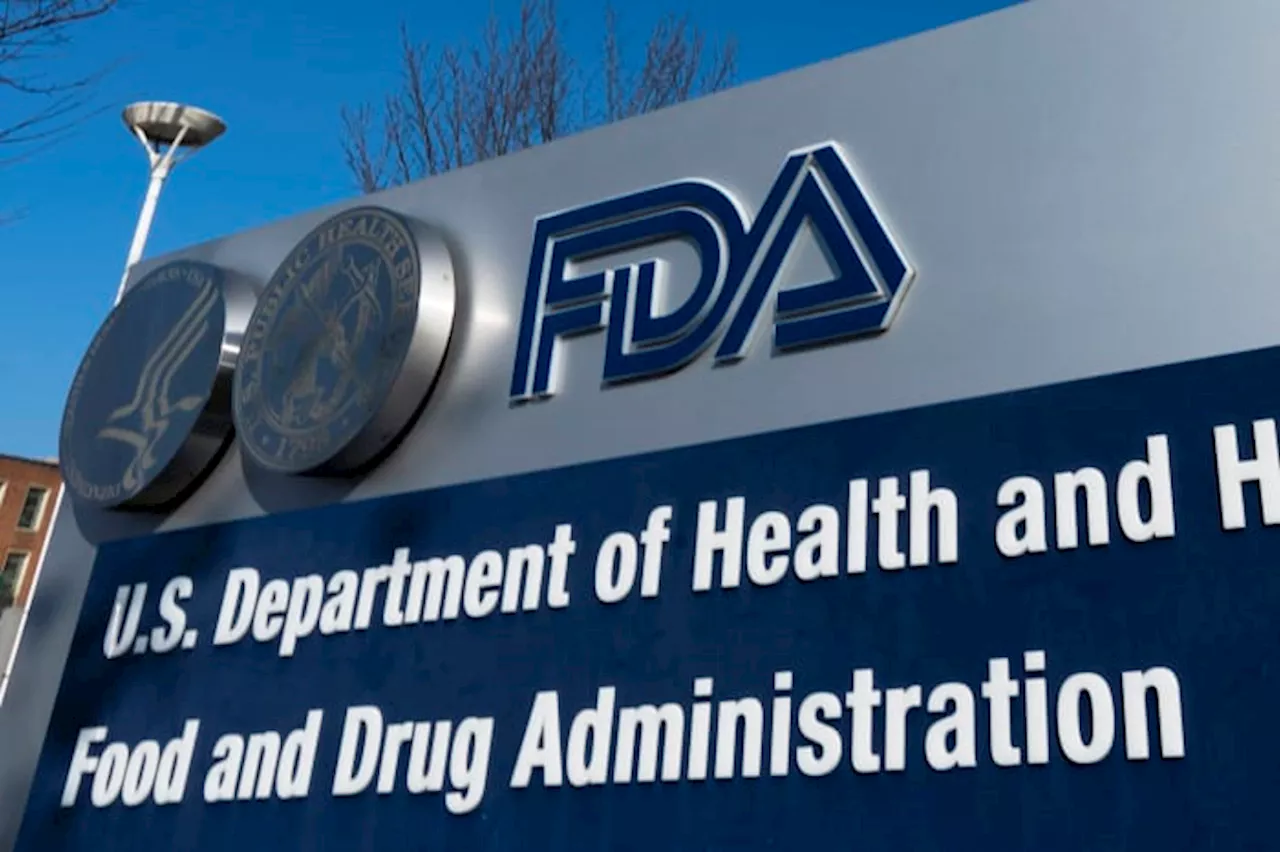A new study reveals that the majority of cancer drugs granted accelerated approval do not demonstrate significant benefits within five years. The U.S. Food and Drug Administration's accelerated approval program, created in 1992, aims to provide early access to promising drugs. However, it has been found that many of these drugs do not actually improve or extend patients' lives.
In a new study, researchers found that most cancer drugs granted accelerated approval do not demonstrate significant benefits within five years. The U.S. Food and Drug Administration's accelerated approval program was created in 1992 to give patients early access to promising drugs. However, it has been found that many of these drugs do not actually improve or extend patients' lives.
The program allows the FDA to grant early approval to drugs that show promising initial results for treating debilitating or fatal diseases, with the expectation that drug companies will conduct further testing and provide better evidence before gaining full approval. While patients may get access to drugs earlier, it also means that some medications may not be effective. The FDA or the drugmaker is responsible for withdrawing disappointing drugs, but sometimes less definitive evidence is considered sufficient for full approval
Cancer Drugs Accelerated Approval FDA Patients Benefits Study
United States Latest News, United States Headlines
Similar News:You can also read news stories similar to this one that we have collected from other news sources.
 Many cancer drugs remain unproven 5 years after accelerated approval, a study findsResearchers have found that most cancer drugs granted accelerated approval by the U.S. Food and Drug Administration do not deliver on their early promise.
Many cancer drugs remain unproven 5 years after accelerated approval, a study findsResearchers have found that most cancer drugs granted accelerated approval by the U.S. Food and Drug Administration do not deliver on their early promise.
Read more »
 Most Cancer Drugs Granted Accelerated Approval Do Not Show Benefits Within Five Years, Study FindsA new study reveals that most cancer drugs granted accelerated approval do not demonstrate benefits within five years. The accelerated approval program, created in 1992 to speed access to HIV drugs, allows the FDA to grant early approval to drugs that show promising initial results for treating debilitating or fatal diseases.
Most Cancer Drugs Granted Accelerated Approval Do Not Show Benefits Within Five Years, Study FindsA new study reveals that most cancer drugs granted accelerated approval do not demonstrate benefits within five years. The accelerated approval program, created in 1992 to speed access to HIV drugs, allows the FDA to grant early approval to drugs that show promising initial results for treating debilitating or fatal diseases.
Read more »
 Many cancer drugs remain unproven 5 years after accelerated approval, a study findsResearchers have found that most cancer drugs granted accelerated approval by the U.S. Food and Drug Administration do not deliver on their early promise. The program allows the FDA to grant early approval to drugs that show favorable initial results against debilitating or fatal diseases.
Many cancer drugs remain unproven 5 years after accelerated approval, a study findsResearchers have found that most cancer drugs granted accelerated approval by the U.S. Food and Drug Administration do not deliver on their early promise. The program allows the FDA to grant early approval to drugs that show favorable initial results against debilitating or fatal diseases.
Read more »
 Many cancer drugs remain unproven 5 years after accelerated approval, a study findsResearchers have found that most cancer drugs granted accelerated approval by the U.S. Food and Drug Administration do not deliver on their early promise.
Many cancer drugs remain unproven 5 years after accelerated approval, a study findsResearchers have found that most cancer drugs granted accelerated approval by the U.S. Food and Drug Administration do not deliver on their early promise.
Read more »
 Study Finds Most Cancer Drugs Granted Accelerated Approval Do Not Improve Patients' LivesA new study reveals that the majority of cancer drugs granted accelerated approval by the U.S. Food and Drug Administration do not demonstrate benefits within five years.
Study Finds Most Cancer Drugs Granted Accelerated Approval Do Not Improve Patients' LivesA new study reveals that the majority of cancer drugs granted accelerated approval by the U.S. Food and Drug Administration do not demonstrate benefits within five years.
Read more »
 New blood test shows high accuracy for colorectal cancer detection, study finds: ‘Not interchangeable’A study published in The New England Journal of Medicine says a simple blood test could detect colorectal cancer (CRC) with over 80% accuracy. The study involved 8,000 people; experts weighed in.
New blood test shows high accuracy for colorectal cancer detection, study finds: ‘Not interchangeable’A study published in The New England Journal of Medicine says a simple blood test could detect colorectal cancer (CRC) with over 80% accuracy. The study involved 8,000 people; experts weighed in.
Read more »
